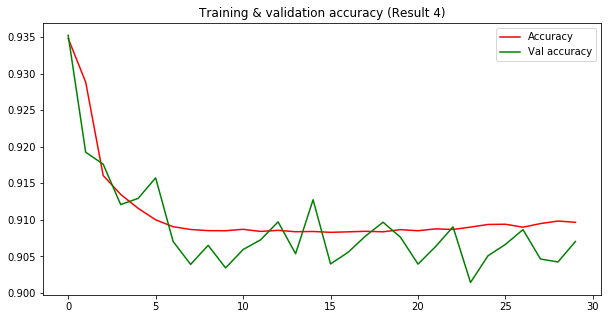Automated Vulnerability Detection in Source Code Using Deep Representation Learning
Increasing numbers of software vulnerabilities are discovered every year whether they are reported publicly or discovered internally in proprietary code. These vulnerabilities can pose serious risk of exploit and result in system compromise, information leaks, or denial of service. We leveraged the wealth of C and C++ open-source code available to develop a large-scale function-level vulnerability detection system using machine learning. To supplement existing labeled vulnerability datasets, we compiled a vast dataset of millions of open-source functions and labeled it with carefully-selected findings from three different static analyzers that indicate potential exploits. The labeled dataset is available at: https://osf.io/d45bw/. Using these datasets, we developed a fast and scalable vulnerability detection tool based on deep feature representation learning that directly interprets lexed source code. We evaluated our tool on code from both real software packages and the NIST SATE IV benchmark dataset. Our results demonstrate that deep feature representation learning on source code is a promising approach for automated software vulnerability detection.
PDF AbstractCode
Datasets
Introduced in the Paper:
Draper VDisc Dataset


